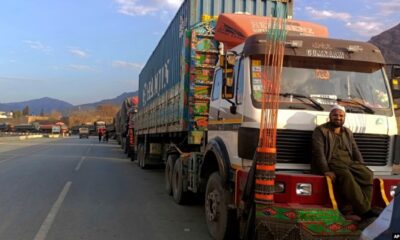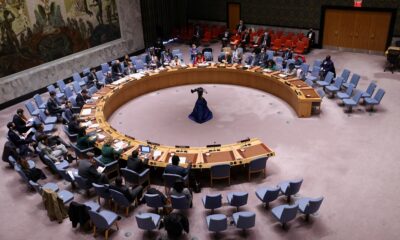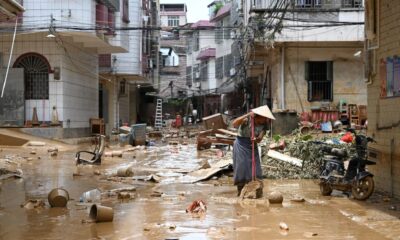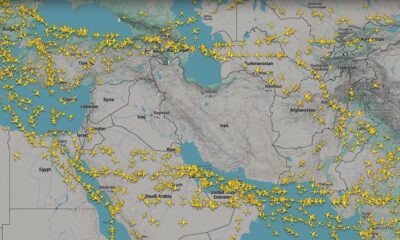Health
Measles outbreak kills 157 children in Badakhshan
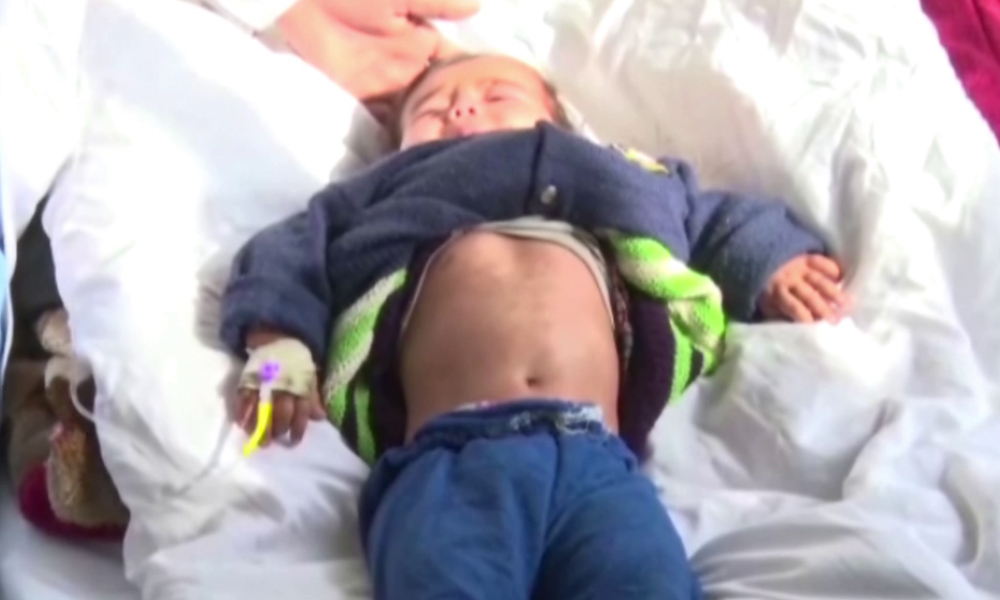
More than 150 children died following the outbreak of measles in northeastern Badakhshan province, local officials said Friday.
According to the official, 117 children in the Kuf Ab district and 40 others in Darwazi Bala (Nusay) district died of measles in the past few days.
“At least 117 children died from measles diseases in 22 villages of [ Kuf Ab district],” a member of the Islamic Emirate of Afghanistan (IEA) told Ariana News.
Most of the children who died were living in areas with no access to health services.
Provincial officials, meanwhile, have sent health teams and medicine to help local health workers to contain the outbreak.
Provincial Governor Deputy Mawlawi Nisar Ahmad Ahmadi stated that a health facility will be built for both Kuf Ab and Darwazi Bala districts early next year.
“People are dealing with too many problems here; I raised health services including building a hospital here to the health officials from the Center and Agha Khan who visited Badakhshan province; In spring the hospital would be inaugurated in order to resolve issues of the people here,” Ahmadi said.
Qari Nazir, Head of Badakhshan Public Health Directorate, said: “[We brought] 48 medicine boxes including injections and medical kits for 90,000 to 100,000 people.”
Health
200-bed specialized cancer hospital to open soon in Kabul, says health ministry
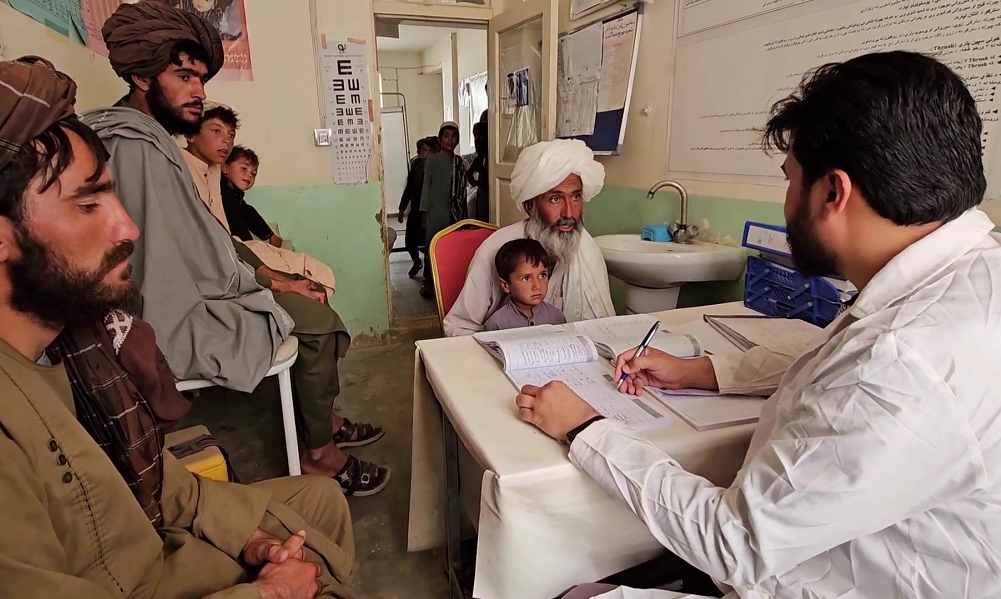
The Ministry of Public Health has announced that a 200-bed hospital dedicated to cancer treatment will soon be inaugurated in Kabul.
According to health officials, the Ministry also plans to establish cancer treatment centers in other regional zones and efforts are underway to build the capacity of healthcare workers, particularly doctors, in this specialized field.
Doctors in Afghanistan consider the lack of a dedicated cancer treatment facility a serious challenge. They emphasize that Afghan doctors are capable of treating many illnesses, but due to insufficient resources, cancer patients face significant difficulties accessing care.
Specialists stated that once the cancer hospital in Kabul becomes operational, patients will no longer need to travel abroad for treatment.
“Unfortunately, we don’t have a center in the country that can provide comprehensive treatment for all illnesses — neither in the public sector nor in the private sector,” said Mohammad Hashim Wahaj, a doctor in Kabul.
According to reports from international organizations, due to limited healthcare infrastructure in Afghanistan’s remote areas, cancer has become a “silent killer” across the country.
The health ministry reports that breast, stomach, and esophageal cancers are the most common types in Afghanistan, claiming hundreds of lives each year. In search of treatment, Afghans spend millions of dollars annually outside the country.
Health
NGO shifts focus from war injuries to comprehensive trauma care in Afghanistan
Mullah Abdul Wasi, Chief of Staff of the Prime Minister’s Office, met with Dejan Panic, the Director General of the humanitarian health organization Emergency
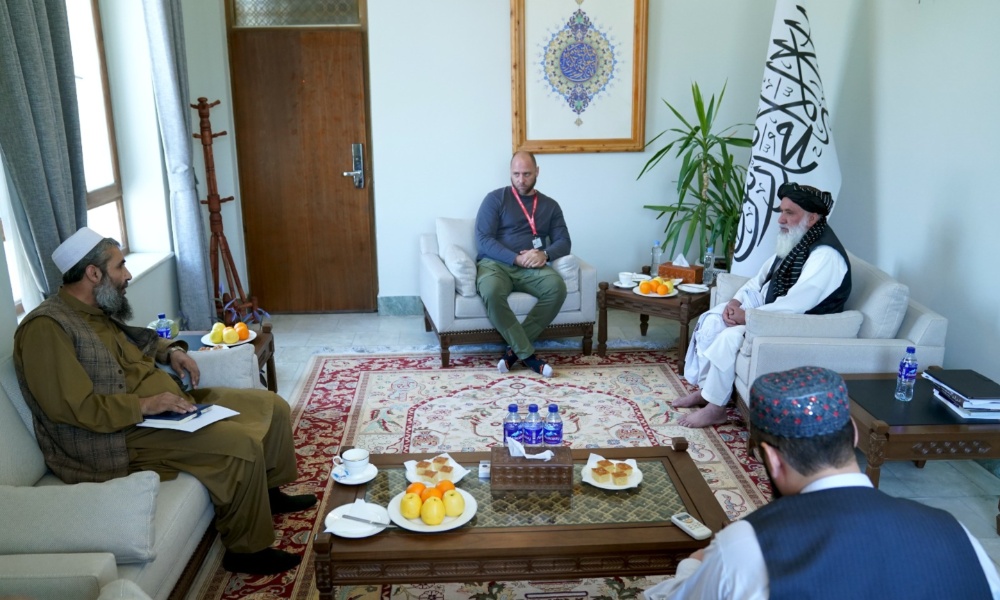
Mullah Abdul Wasi, Chief of Staff of the Prime Minister’s Office of the Islamic Emirate of Afghanistan, on Monday met with Dejan Panic, the Director General of the humanitarian health organization Emergency for discussions on the health situation in the country.
Mohammad Asif, Director of Relations for Emergency, also attended the meeting, ARG said in a statement.
According to ARG, Wasi welcomed the delegation and expressed appreciation for Emergency’s continued commitment to providing essential healthcare services to the Afghan people.
He commended the organization’s dedication and its long-standing contributions to the country’s health sector.
Panic provided a comprehensive overview of Emergency’s operations both in Afghanistan and internationally.
He highlighted the organization’s evolution from primarily treating war-related injuries to offering a broad range of free trauma care, particularly for victims of traffic accidents and other emergencies.
He also outlined the organization’s financial plans for the coming years, ongoing efforts to attract donor support, and future strategies aimed at expanding services across the country.
Wasi reaffirmed the Islamic Emirate’s full support for Emergency and other humanitarian organizations committed to improving the well-being of the Afghan population.
He emphasized the importance of their work and assured that the government remains ready to provide necessary assistance and facilitate their operations.
The meeting concluded with mutual recognition of the vital role of healthcare services in Afghanistan’s development and the shared goal of strengthening access to quality medical care for all.
Health
India donates 11,000 doses of vaccines to Afghanistan
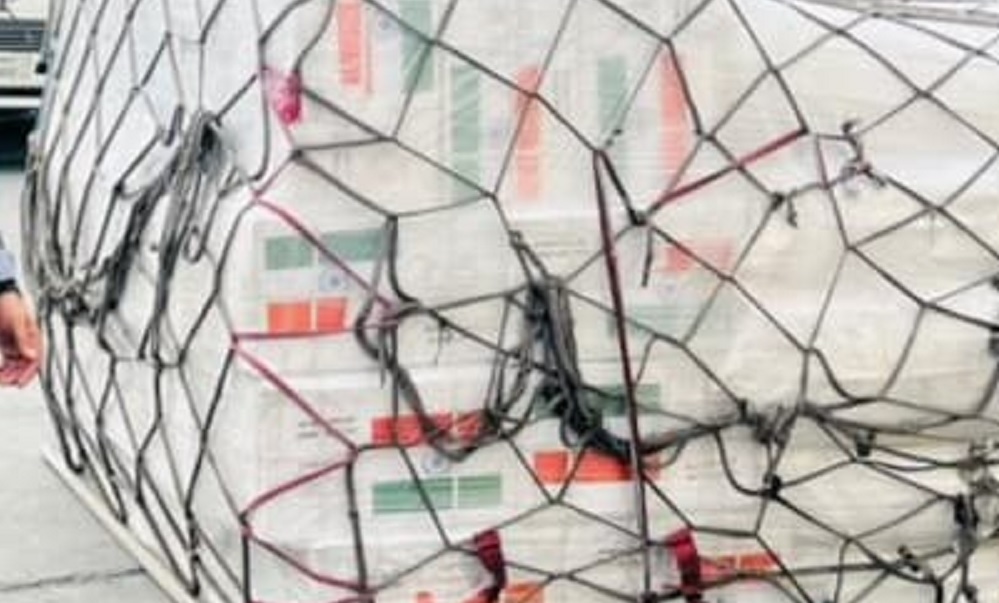
The Ministry of Public Health of Afghanistan announced that the Government of India has donated 11,000 doses of vaccines to support the country’s healthcare system.
The consignment includes 5,500 doses of influenza vaccine and 5,500 doses of meningitis vaccine.
The ministry expressed its gratitude to India for the contribution and described the donation as a vital step in preventing the spread of influenza and meningitis in Afghanistan.
According to the Ministry, the vaccines will help save the lives of thousands of Afghans.
-
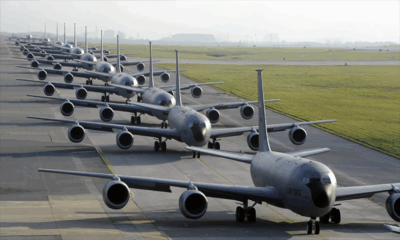
 Latest News5 days ago
Latest News5 days agoUnprecedented surge in US aerial refueling tankers cross Atlantic amid Middle East tensions
-

 Latest News4 days ago
Latest News4 days agoAfghan airspace sees surge in overflights amid Iran-Israel conflict
-

 World5 days ago
World5 days agoBritain appoints first female head of MI6 spy agency
-
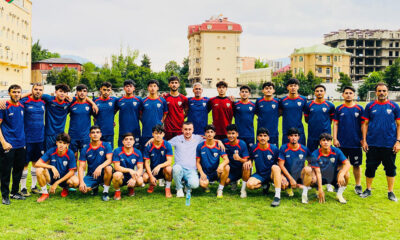
 Sport4 days ago
Sport4 days agoCAFA U-20 Championship: Afghanistan face Turkmenistan in crucial group stage match
-

 Latest News5 days ago
Latest News5 days agoTrump administration weighs adding 36 countries to travel ban, memo says
-

 Business4 days ago
Business4 days agoAfghanistan maintains steady foreign trade amid regional turmoil, says Commerce Ministry
-
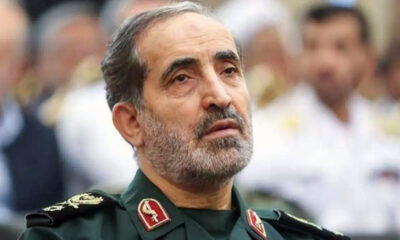
 Regional4 days ago
Regional4 days agoIsraeli Army: new commander of Iran’s Khatam al-Anbiya Central headquarters killed
-

 Latest News4 days ago
Latest News4 days agoUN agencies sound alarm over worsening malnutrition crisis in Afghanistan




